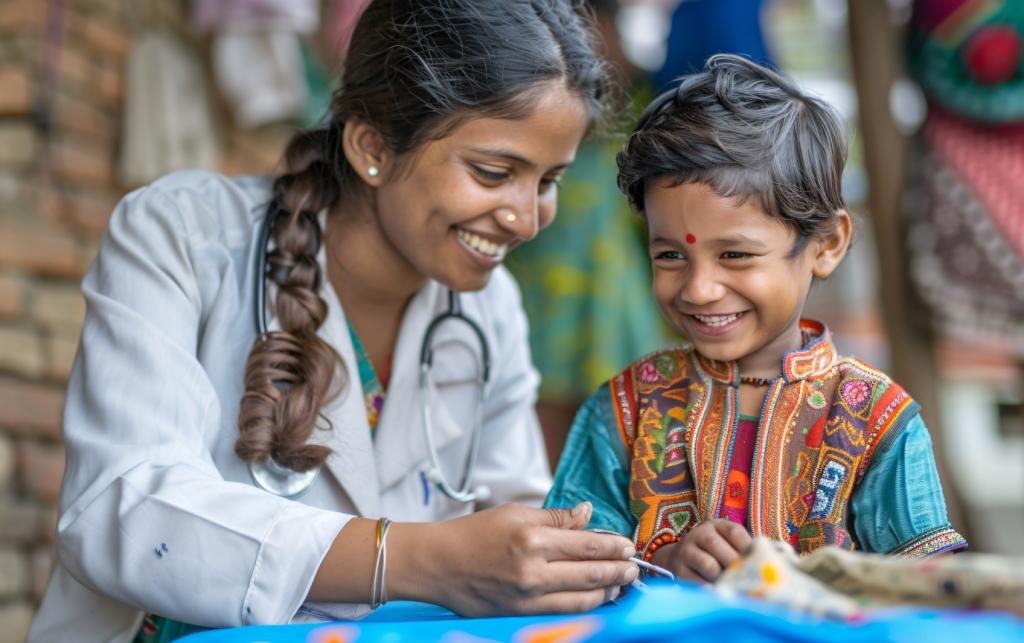FemTech, over the last decade, has emerged as a powerful force in healthcare innovation, addressing issues specific to women’s health journeys. However, a glaring gap persists in who these solutions are actually serving. A vast majority of Indian women, especially mothers, are silently suffering through perimenopause and postpartum anxiety without access to personalised support. The real need is designing inclusive, relatable, and culturally rooted wellness solutions that speak to women about what has not been spoken of in years.

The Missing Middle in FemTech
Not just a trend or buzzword, FemTech aims for real innovation by acknowledging the complexity of women’s health that shows up in every stage of their lives. It can be metabolic disorders, irregular reproductive cycles, mental health fluctuations, hormonal imbalances, and nutritional gaps, among others. Most digital solutions offer generic advice, calorie trackers, or aesthetic-focused ‘weight loss’ tips, missing the holistic picture. For women with PCOS, what they often need is a trusted, relatable voice, someone who can simplify clinical advice into practical tools.
Wellness, Not Just Fertility
Our journey has shown that wellness for women is deeply intertwined with lifestyle, mental health, and social pressures, issues that rarely make it to the centre of FemTech design. Whether it’s postpartum depression, sleep struggles, hormonal acne, or erratic menstrual cycles, women often navigate these challenges silently, without proper diagnosis or support.
Designing for the Real Indian Woman
To truly serve Indian women, FemTech needs to move beyond aesthetics and algorithms. It needs to have visual learning, local language support, and community support. There needs to be live experiences that validate results. The solutions need to be affordable, accessible, culturally relevant and work for women in low-connectivity or low-income settings. One that understands Indian food, family structures, and gendered labour realities. The goal is to empower every woman, urban or rural, tech-savvy or not, to take charge of her health on her own terms.

The Future of FemTech Must Be Inclusive
FemTech holds incredible potential, but only if we broaden its scope. The Indian woman is not a monolith. She can be an exhausted mom, teacher with PCOS, homemaker dealing with postpartum hair loss and not just a fertility-seeking app user or a woman in her 30s with a gym membership and a smartwatch. For real change to happen, the industry should not believe wellness is a luxury. It must listen to these women, design with them, not just for them.

Shared by : Payal Agarwal Mukherjee,
Founder, FitMoms








